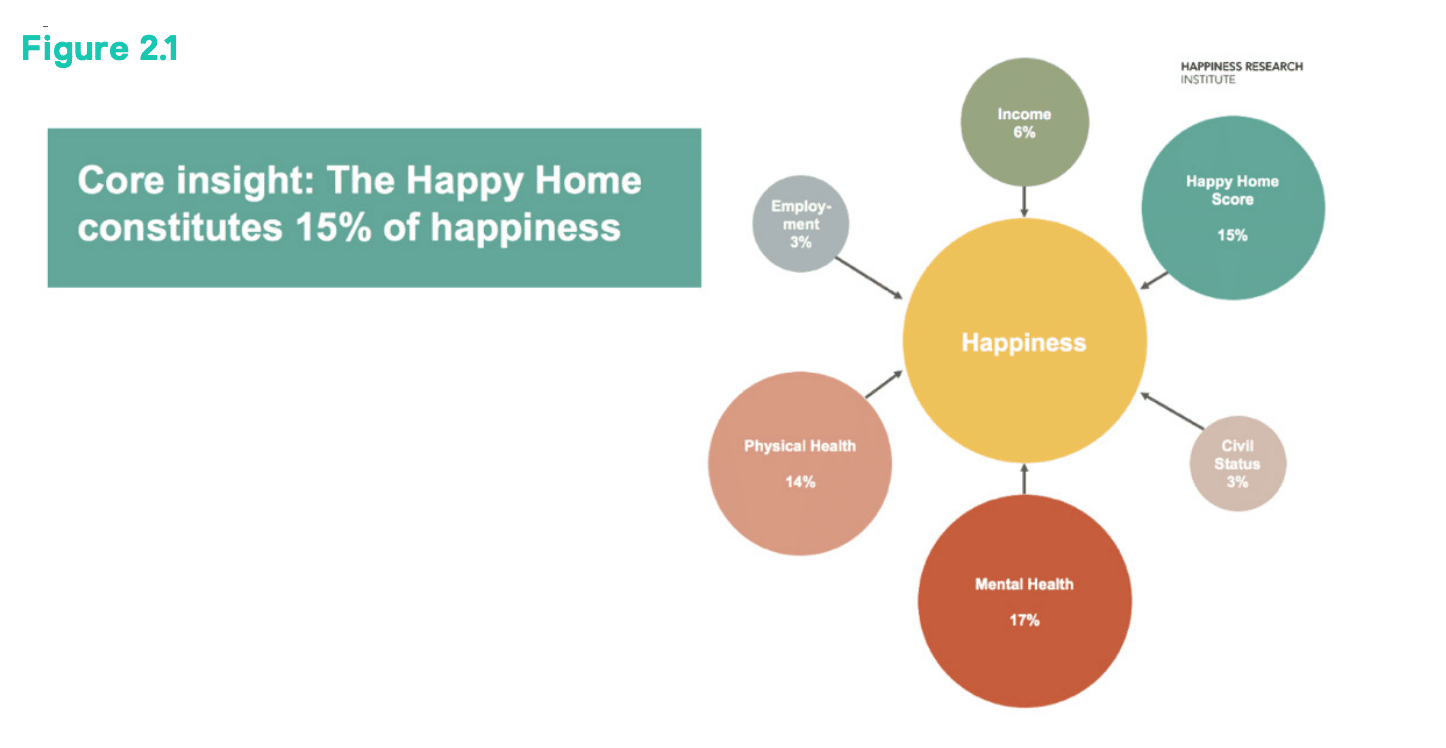Companies looking to hire new employees are significantly impacted by the housing crisis, according to the latest Morgan McKinley quarterly employment monitor: “The lack of housing supply in cities in addition to soaring costs is leading to a rise in emigration, further emptying the talent pool”.
Employers are struggling to keep native Irish talent due to the lack of supply in the Irish rental market. Besides, hiring international employees has become a highly complex task. Morgan McKinley’s report claims that “the housing shortage within Dublin is causing companies to struggle with securing overseas talent, leading to a reduction in non-EU professionals and a narrowing of the talent pool”.
Shortage of accommodation is not just a Dublin problem, as the figures speak about a nationwide accommodation crisis. According to the Renting and Risk report from the homeless charity Threshold and the Citizens Information Board, on August 1st this year, there were “just 716 homes available to rent in the State in comparison with an average of 9,300 at any one time in the years between 2006 and 2019”.

The impact of Ireland’s accommodation crisis on the workforce
Ireland’s housing crisis, coupled with the requirement for many employees to return to the workplace and live in or close to the cities after working remotely during the COVID-19 pandemic, raises the following questions: Are companies doing enough to support their staff to find accommodation? Should employers help their staff find a home?
The general support employers provide to new hires relocating to Ireland is to cover the expenses of the trip and several weeks in either a hotel or a room rented from temporary housing providers. However, the problem comes when the employee must leave their provisional home without finding a longer term home.
The prospect of lacking something as fundamental as a place to live generates enormous stress for the employee, especially when they are in a foreign country. Unsurprisingly, absenteeism, disengagement, a decrease in productivity and, in some cases, resignation are the most common consequences.
According to the Irish company Excel Recruitment, the real cost of employee turnover can range from 33% to a stunning 200% of an employee’s annual income, depending on the complexity and seniority of a role.
The high cost of finding and replacing talent and the hit to productivity are strong enough reasons. This encourages some employers to have a more proactive role in supporting their staff to find a home.
Employers who help their staff find a home will see an increase in productivity
Available and affordable accommodation that fits the needs of the workforce is crucial to attract, keep and grow a skilled and productive workforce. Businesses should advocate and invest in finding suitable housing for their staff, not only to assist their employees but also the local economy.
Employees that live in the area near their workplace will have shorter commute times and, therefore, a better quality of life. Long commutes may not only push them to look for another job but also affect their wellbeing and productivity. A Britain’s Healthiest Workplace study carried out with 34,000 workers revealed that those who commute over an hour to go to work are more likely to experience stress, health issues such as obesity and depression, and financial concerns. The study also found that employees commuting less than 30 minutes per day “gain an additional seven days’ worth of productive time each year compared to those with commutes of 60 minutes or more”.
The relationship between homes and wellbeing
This type of data is relevant for Irish employers. As revealed in an Aon survey, ‘work-life’ balance is their top wellbeing concern. Besides, this research also states that “96% of businesses in Ireland have at least one employee wellbeing initiative in place”. This figure is especially high when compared to the average of 86% in European firms.
Another piece of research carried out by The Happiness Research Institute, Kingfisher and B&Q shows the impact of accommodation on overall happiness and wellbeing by stating that a home contributes more to happiness than a job or a salary. The findings, gathered from over 13,000 people across Europe, showed that while a happy home accounts for 15% of a person’s total happiness, only 6% and 3% of happiness is based on what we earn and the job we do, respectively. This 2019 survey also unveiled that 73% of people who are happy at home are also content in life.

Support that goes beyond paying the hotel bill
Employers that don’t help their staff find a home will feel the consequences of an unhappy and disengaged workforce. An unpleasant experience in a new city will make any employee less likely to stay in the company. This could also harm the brand’s reputation.
Employee experience begins way before starting the new job. The Recruitment teams should set the right expectations about the moving process. A prior-first-day orientation to the new hire should help alleviate the relocation stress. For example, the welcoming package could include a local guide. This resource should incorporate information about public transport and recommendations for local services such as grocery shops, hospitals or gyms. This will help international workers know where they would like to live before getting started with their home search.
Employers can create opportunities for their staff to connect and help each other with their house hunting. Getting co-workers to network “reduces the likelihood of turnover by 140%”, increases productivity and, in this particular case, it could help employees find a house through their professional connections.
Households formed by like-minded people, such as employees of the same company, are more likely to have good chemistry than those where complete strangers cohabit. Employees who live near or with each other will also enjoy spontaneous get-togethers. This can also enhance the employee experience overall. When employees live together, they can commute to work in groups and share the cost of transportation.
Happy talent is productive talent. Hence, the company would ultimately benefit from these types of living arrangements between team members.

The company’s duty of care
Another reason a company should support their workers in finding a home is that they owe it to their staff. Under the Safety, Health and Welfare at Work Act 2005 the standard duty of care places an obligation on the businesses to do everything that “is reasonably practicable” to protect the health, safety and welfare at work of all employees.
Employers are also morally obliged to protect their employees from undue risks when they relocate. Therefore, they should make every effort to protect employees travelling and relocating to a new city for business purposes from any physical or psychological harm.
By safeguarding their employees and preventing them from experiencing distressing situations such as not having a place to live, the company will also protect its own image and reputation.
Businesses can execute their duty of care by guiding their relocated employees. They should help them avoid accommodation scams, choose safe neighbourhoods for housing, and find reliable and convenient commuting options.
The social contract: why employers should help their staff find a home
The social contract between employers and employees has long been established and should not be forgotten. Employers provide stability and fair compensation in exchange for their employee’s dedication, hard work, and skills. Since finding housing is a necessary component of stability, employers should become powerful allies in their staff’s housing search. This behaviour will also help strengthen the relationship between employers and employees, turning them into advocates of the company.
All things considered, it seems logical for employers to build as much housing support into the recruitment process as possible. Employers should help their staff find a home and navigate the complicated Irish home market.
References:
- The housing crisis is making Ireland’s skills shortage worse, a new report reveals.
- Housing Crisis Threatening Job Growth as Vacancies Up 6.9%.
- Collapse in number of properties on rental market since pandemic laid bare in new report.
- The True Cost of Replacing an Employee. [online] Excel Recruitment.
- Long commutes costing firms a week’s worth of staff productivity
- Aon survey reveals ‘work-life’ balance is the top wellbeing concern for Irish employers
- What makes a happy home?
- Networking Statistics: General Stats, Benefits, Face to Face, and More!
- Duty of Care






